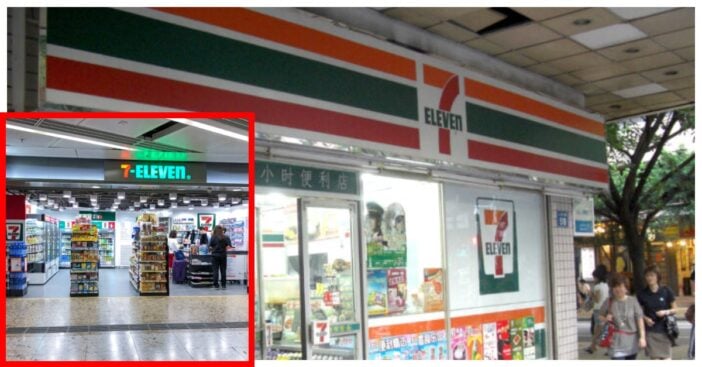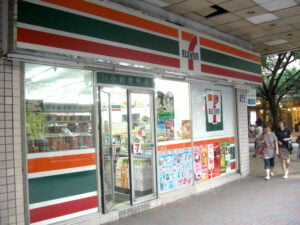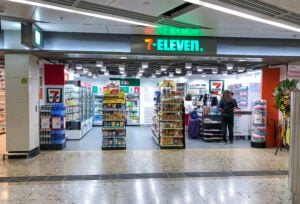
For decades, 7-Eleven has been a cornerstone of American convenience culture, with its quick snacks, Slurpees, and around-the-clock service. But now, the chain is making headlines for a surprising shift. The company has confirmed that more than 500 stores will soon disappear across the United States, a move tied to its broader business transformation.
According to The Street, the decision to shutter underperforming locations comes as part of the company’s “Fundamental Store Optimization Program.” In 2024, 7-Eleven already closed 444 stores, and another 148 are scheduled to shut down in 2025. Despite the large numbers, the brand’s scale has kept the news somewhat under the radar. Still, the wave of closures underscores the challenges convenience stores face in a changing retail landscape.
Why Hundreds Of Locations Are Disappearing

The main reasons behind the 7-Eleven closing strategy reflect shifts in consumer behavior. Foot traffic to stores has been in decline, with visits dropping by 7.3% in August 2024 alone. Another major hit has come from cigarette sales, which have fallen more than 25% since 2019. While newer nicotine products like Zyn are popular, they haven’t filled the gap. At the same time, customers increasingly want affordable, high-quality food options, pushing 7-Eleven to rethink what it offers.

In response, the company is investing heavily in fresh food and beverage upgrades while trimming weaker locations. The closures, while significant, are part of a larger plan to modernize the brand. By cutting underperforming stores, the chain is positioning itself to focus on what today’s consumers demand.
A New Vision For The Future

Although the headlines focus on 7-Eleven closing stores, the company is also betting big on expansion. Hundreds of remodeled shops are underway, and a new wave of locations will feature in-house dining brands like Raise the Roost Chicken and Biscuits and Laredo Taco. CEO Joe DePinto revealed that 125 new stores are expected to open in 2025, with more than 500 additional locations projected by 2027.

This dual strategy of closing and opening reflects 7-Eleven’s effort to stay relevant in a rapidly changing retail environment. While longtime fans may lament the loss of familiar corner stores, the company is signaling that its future lies in offering more than just snacks and Slurpees—it’s about reshaping convenience itself.
